Under attack, Obama holds cards on Afghan pullout date
Obama had said forces will start to leave in July 2011 while "taking into account conditions on the ground."
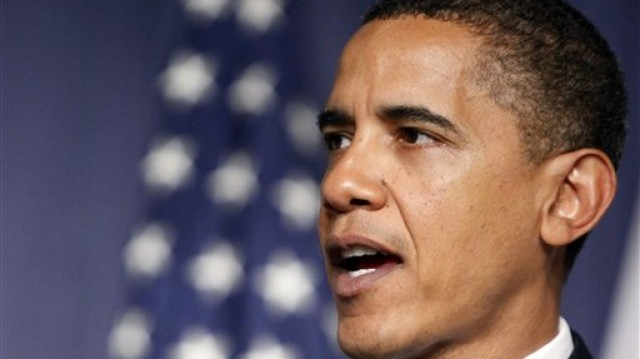
In recent weeks, Obama has faced thinly veiled calls from the defense establishment to delay the date. But the war is increasingly unpopular with the US public, particularly the base of his own Democratic Party.
Obama first mentioned the deadline in a December 2009 speech outlining an intensification of the war. Obama -- who has tripled the US troop presence to 100,000 since taking office -- said forces will start to leave in July 2011 while "taking into account conditions on the ground."
Ever since, officials have offered their own interpretations. Addressing Afghans, the administration has highlighted the deadline to coax President Hamid Karzai to take more responsibility. But to neighbouring Pakistan, officials have stressed a long-term US commitment, fearing Islamabad may otherwise hedge bets by keeping ties to the Taliban.
Michael O'Hanlon, a senior fellow at the Brookings Institution think-tank, said that Obama was almost pursuing a "policy of deliberate confusion" as to the timeframe. "I think he deliberately wants some flexibility about what to do next summer," O'Hanlon said.
By 2011, the United States and its allies would have been fighting in Afghanistan for nearly a decade since the September 11, 2001 attacks that prompted the war to oust the extremist Taliban regime which sheltered al Qaeda. The Taliban have been waging a bloody insurgency in southern Afghanistan. Sixty-six US soldiers died in July, the deadliest month yet for US forces.
The top US Marine, General James Conway, said Tuesday it would take "a few years" to hand over southern provinces to Afghan forces and asserted bluntly that the deadline was "probably giving our enemy sustenance."
A week earlier, General David Petraeus, the top Afghan war commander, left open the possibility of recommending to Obama that he delay a mid-2011 withdrawal. Such interventions, which come two months after General Stanley McChrystal was removed as Afghan war commander for disrespect to civilian leaders, have outraged critics of the Afghan war.
War opponent Derrick Crowe, political director of the Brave New Foundation, said that generals were "actively working to shape a political environment that constrains the president's choices in a way that is very close to being insubordinate."
"The president, at least in my reading of the December speech, was extremely clear that in 18 months our troops would begin to come home," said Crowe, who argues that the war has not stopped and may have actually worsened unrest in Afghanistan. "I think what you're seeing is a very strong faction of generals who do not accept that there needs to be a significant drawdown and are working as hard as possible to redefine that down almost to meaninglessness," Crowe said.
Obama has asked aides for a progress report in December. Vali Nasr, an adviser to US envoy to the region Richard Holbrooke, said the the surge strategy was just now "beginning to have an impact" as troops numbers peak. But on the ground, commanders appear to have put on the backburner a planned assault on the Taliban stronghold Kandahar after mixed results in operations in nearby Marjah.
Vice President Joe Biden, widely reported to have been sceptical about the surge behind the scenes, insisted on Monday that the war was not a failure and said July 2011 would mark a start of Afghans exercising more sovereignty. "Everybody says, 'Is that an end date?' It is not. We are not leaving in 2011. We are beginning the transition," Biden said in a speech to veterans in Indianapolis. His remarks cheered the conservative Heritage Foundation, which in a brief called on Obama to "unequivocally revoke the timeline," arguing that the United States and allies "cannot walk away from Afghanistan before the job is done."
"There are signs the Obama administration now recognises the damage the timeline has done to US strategy and is seeking to walk it back," it said.

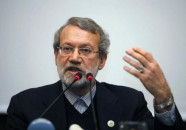
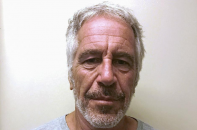

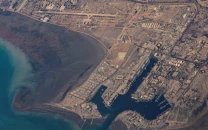

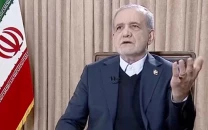












COMMENTS
Comments are moderated and generally will be posted if they are on-topic and not abusive.
For more information, please see our Comments FAQ